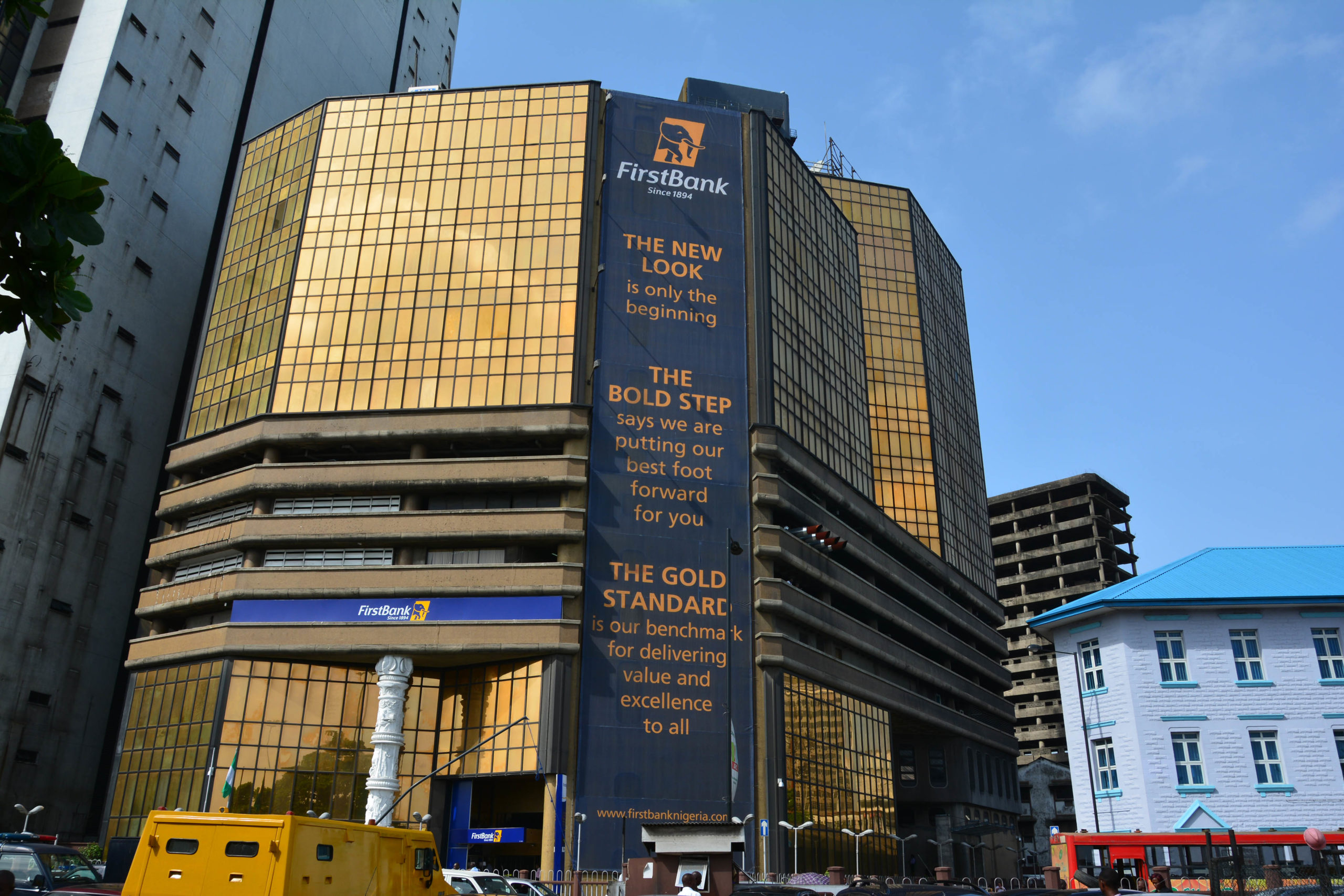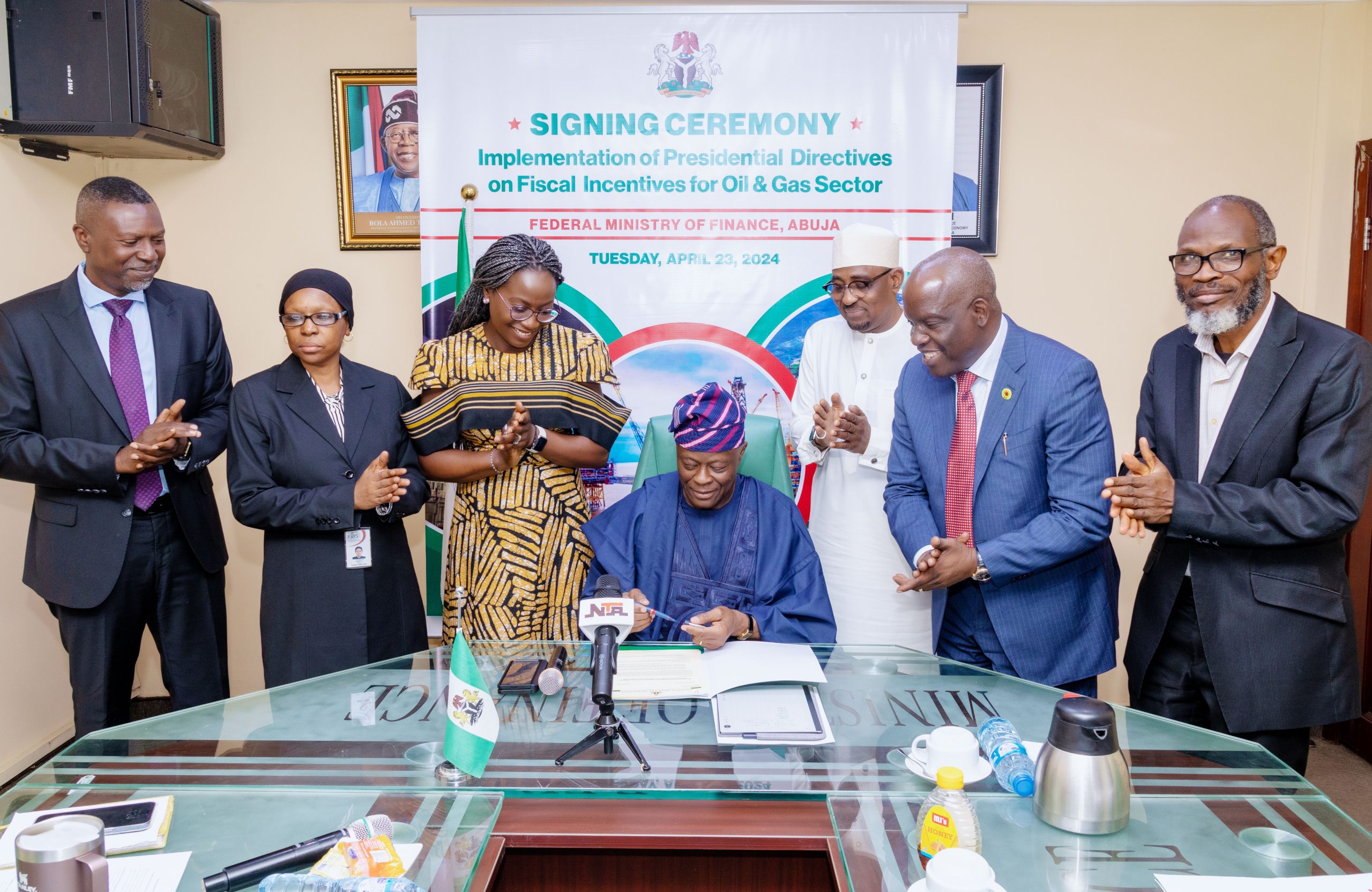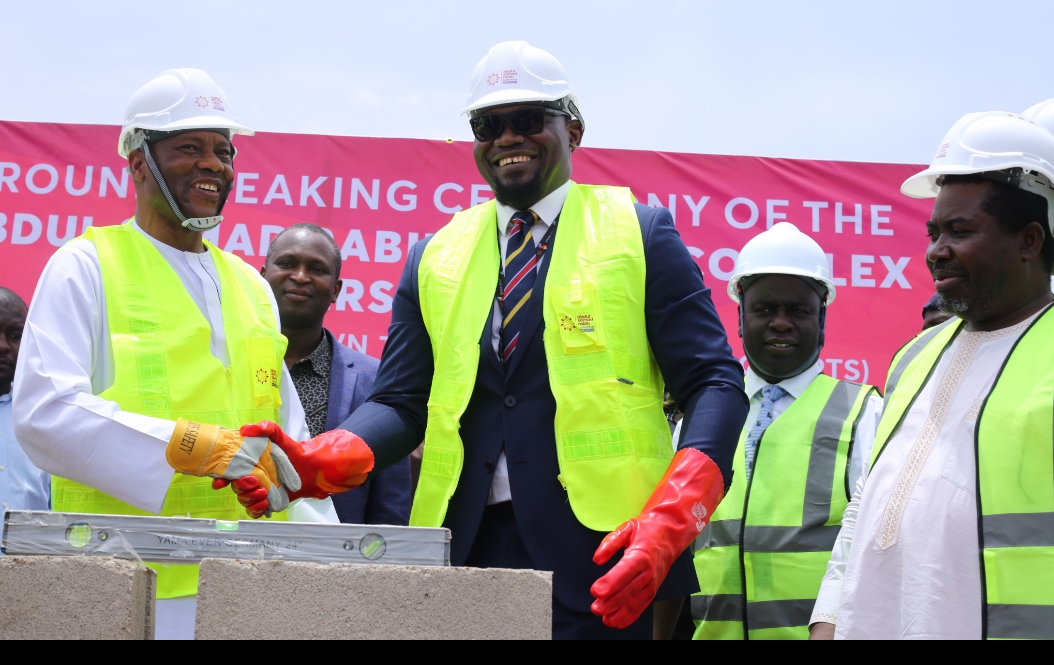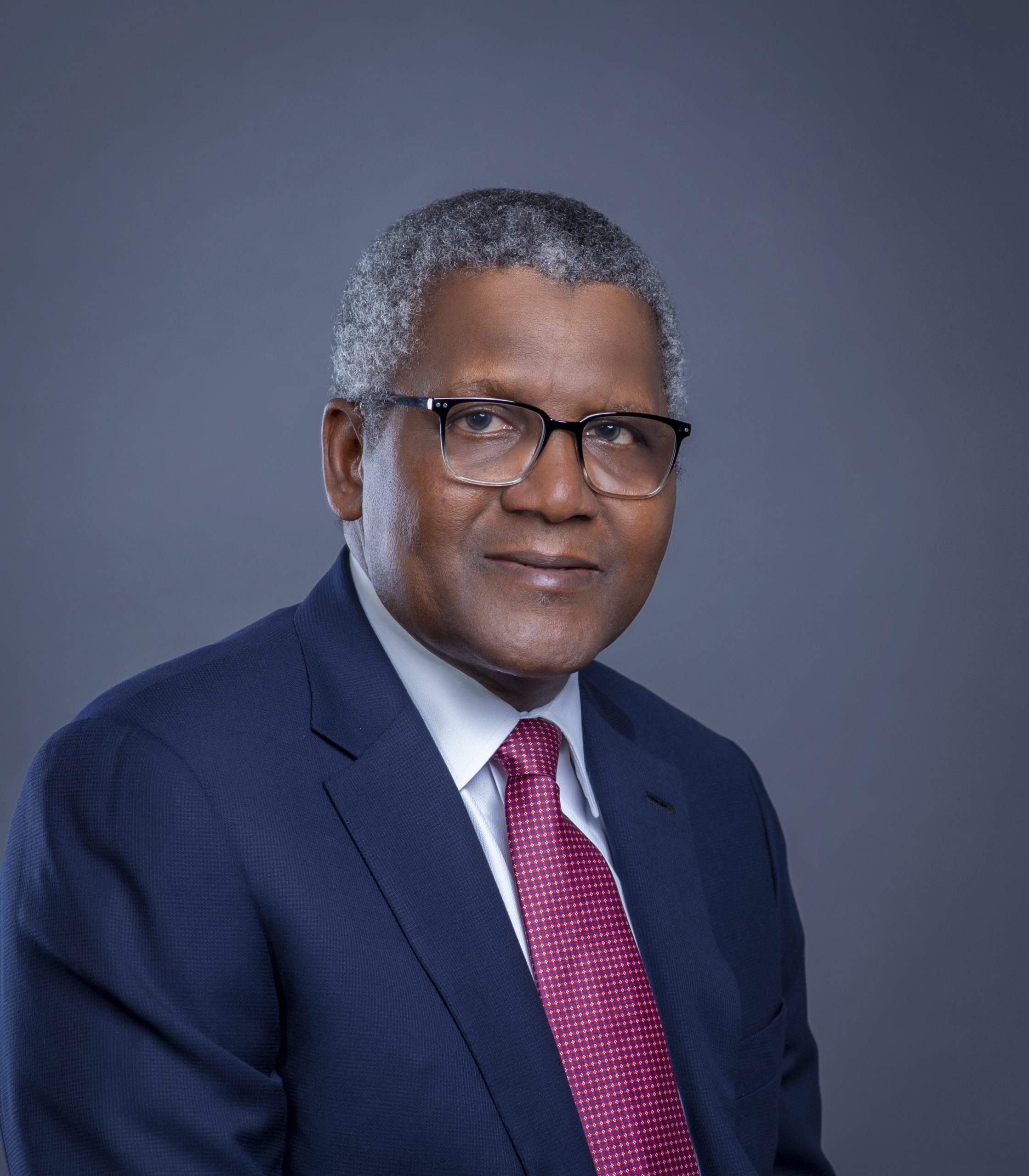For centuries, there have been heated debates over the sources of economic growth in developing economies and why some countries reflect strong economic growth compared to others.
The hypotheses have often centred around crude oil, agriculture, revenues, private capital, bubbling stock market, stable security, low unemployment rate, high standard of living amongst others. But in recent times, one factor that has been added to this list is diaspora remittances as it is one of the major international financial resources, which sometimes exceed the flows of foreign direct investment (FDI).
Remittances promote economic growth by increasing household income and increasing income creates the opportunity to boost consumer spending, accumulation of assets, promotion of self-employment, and investment in small business.
Data from the World Bank in 2014 indicates that global remittances stood at $430 billion dollar in 2011 and was 0.31 per cent of global GDP in 2009. The impact of remittances on any economy is more profound in developing countries because they receive $307.1 billion of the total N416 billion inward remittances, amounting to about 74 percent.
Remittances also account for about 27 percent of the GDP of developing countries. According to the World Bank, remittances flows to the developing world have reached $414 billion in 2013 (up 6.3 per cent over 2012), and are now, behind foreign direct investment, the second largest source of external financial flows to developing countries.
Daily Sun investigations reveal that the enormous upward movement in remittances payments may be attributed largely to two factors, namely; immigration between developing and developed countries which increased dramatically in the past 20 years and declined in transaction costs as technological improvements have allowed for faster, lower cost mechanisms for the international transfer of payments between individuals.
This means that it is different from other external capital inflows like foreign direct investment, foreign loans and aids due to its stable nature. Little wonder why the Central Bank of Nigeria (CBN) unveiled a new policy in 2020 that granted unfettered access to forex from the diaspora and other money transfer remittances like Western Union and MoneyGram.
The bank also clarified transactions that are eligible under the policy in line with global best practices. The policy allows beneficiaries of diaspora remittances through International Money Transfer Operators (IMTOs) to henceforth receive such inflows in the original foreign currency through designated bank of their choice. It explained that the new regulation was part of efforts to liberalise, simplify and improve receipt and administration of diaspora remittances into Nigeria.
Under the new policy, recipients of remittances may have the option of receiving such funds in foreign currency cash (US Dollars) or into their ordinary domiciliary account.
“These changes are necessary to deepen the foreign exchange market, provide more liquidity and create more transparency in the administration of Diaspora remittances into Nigeria,” the apex bank stated.
It explained that the changes would help finance a future stream of investment opportunities for Nigerians in the Diaspora, while also guaranteeing that the recipients of remittances would receive a market- reflective exchange rate for their inflows.
Backed by these words, several commercial banks swung into action to tap into this virgin zone by introducing a variety of offers that yield fruits as more remittances started coming in.
However, the CBN in March 2021, in a bid to encourage more inflows, introduced a new incentive tagged “Naira 4 Dollar Scheme”. In a circular signed by Saleh Jibrin, CBN ‘s Director, Trade and Exchange Department, said, the scheme would allow all recipients of diaspora remittances to be paid N5 for everyone dollar received.
This explains why First Bank of Nigeria Limited chose to expand diaspora remittances inflow into the country by increasing its network of International Money Transfer Operators (IMTOs) targeted at easing accessibility of its customers to receive money from close to 100 countries across the world in a safe and secured manner.
Before then, it was on record that FirstBank has maintained a long-standing partnership with Western Union, MoneyGram, Ria, Transfast, and WorldRemit. The Bank is also in partnership with other IMTOs including Wari, Smallworld, Sendwave, Flutherwave, Funtech, Thunes and Venture Garden Group to promote remittance inflows into the country, thus putting Nigerians and residents at an advantage in receiving money from their families, friends and loved ones across the bank’s 750 branches especially in this Yuletide season.
For potential customers without an existing domiciliary account, they can have their dollar account automatically created for their remittances and can also receive inflow directly into their account through Western Union. In addition, FirstBank has launched its wholly owned remittance platform named First Global Transfer product to promote the international transfer of funds across its subsidiaries in sub-Saharan Africa. These subsidiaries include FBNBank DRC, FBNBank Ghana, FBNBank Gambia, FBNBank Guinea, FBNBank Sierra-Leone, and FBNBank Senegal.
Reiterating the bank’s resolve in promoting diaspora remittances, regardless of where one is across the globe, the Deputy Managing Director, Mr Gbenga Shobo said, “At First Bank, expanding our network of International Money Transfer Operators is in recognition of the significant roles diaspora remittances play in driving economic growth such as helping recipients meet basic needs, fund cash and non-cash investments, finance education, foster new businesses and debt servicing.
We are excited about these partnerships, as it is essential to ensure our customers are at an advantage to receive money from their loved ones and business associates, anywhere they are across the world.”
Having been at the forefront of pioneering international funds transfer and remittances over 25 years ago, it is safe to say the bank’s wealth of experience and operation in over 750 locations nationwide gives it the edge in the market.
With its total principal standing at N100 billion and over one million customers to service in 2020, FirstBank is providing prospective investors wishing to explore the vast business opportunities that are available in Nigeria, an internationally competitive world-class brand, a credible financial partner, thus promoting economic growth and development.
Culled from The Sun





 Business6 months ago
Business6 months ago
 celebrity radar - gossips4 months ago
celebrity radar - gossips4 months ago
 celebrity radar - gossips4 months ago
celebrity radar - gossips4 months ago
 Business3 months ago
Business3 months ago










